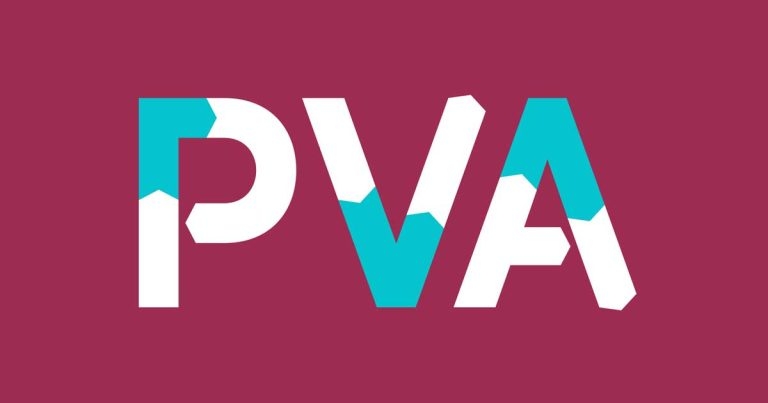30 Oct 2024
Ahead of a crunch council meeting next week, the RCVS is facing calls for a greater separation of its regulatory functions.

New fears have been raised that public trust in the veterinary sector could be further damaged without more radical changes to its governance.
Ahead of a crunch council meeting next week, the RCVS is facing calls for a greater separation of its regulatory functions, including a proposal to set up a General Veterinary Council (GVC).
But the college has insisted current structures enable them to adopt “a holistic approach”, while the BVA backed self-regulation despite warning reforms are needed.
RCVS leaders have repeatedly insisted their plans, which are due to be debated at a council meeting next Thursday 7 November, are necessary to more closely align its procedures with those of other regulatory bodies.
But a newly published letter from the Progressive Veterinary Association (PVA) argued that a GVC-type body, similar to the existing General Medical Council, is itself required both to ensure regulatory independence and bolster public confidence amid other ongoing challenges facing the sector.
The group wrote: “We acknowledge that there will be a cost associated with the creation and operation of the GVC or similar body.
“However, we believe there will be a far greater cost in terms of a loss of public trust if the anomaly of the RCVS being both Royal College and regulator is not resolved.
“The tarnishing of the profession’s reputation continues unabated and we believe that market issues arising from corporatisation, as well as a public perception that the RCVS ‘marks its own homework’, remain fundamental problems.”
The intervention, which also reiterated demands for a referendum of professionals that were rejected by the RCVS in the summer, adopts a similar proposal made by the veterinary historian Bruce Vivash Jones.
He argued that the college’s consultation on the subject, which attracted hundreds of responses earlier this year, “only presents their proposals and not an examination of the options” that might also be available.
Meanwhile, the BVNA’s president, Lyndsay Hughes, also expressed guarded support for a separation of regulatory and royal college functions during a discussion at its recent congress in Telford.
But the college is resisting the demands for radical change, amid its belief that the present structure itself brings benefits to the sector.
A spokesperson said: “At the November meeting of council we will be putting a set of options to council members, with the intention of arriving at a settled view on the proposals for the future governance of the RCVS.
“The proposals are based on the premise that we will continue to operate with our unique status of being a Royal College that regulates, as this allows us to take a holistic approach to regulation.”
BVA president Elizabeth Mullineaux also stopped short of endorsing the GVC idea but argued that both structural and legislative change were necessary to enable the development of a “thriving” veterinary profession.
She said: “BVA supports continued self-regulation of the profession, but reform of RCVS governance is clearly needed”.
She argued its proposals, which included a call for the college to accept external scrutiny of its work, “would bring greater clarity” to its dual roles, “improve transparency around process and decision-making, and would ensure that RCVS has the right balance of skills and experience needed to operate effectively.”